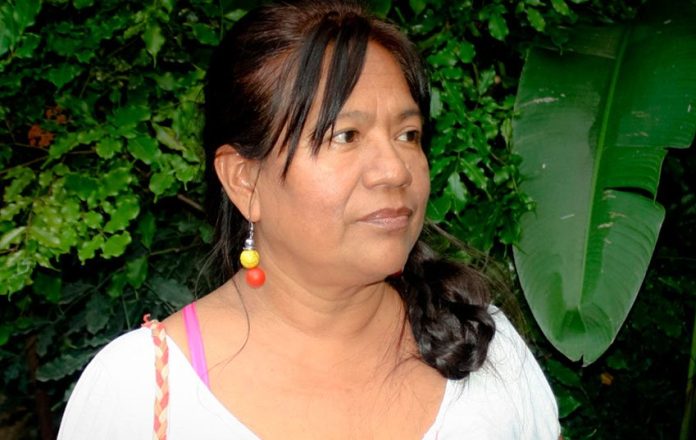The Senate has unanimously approved a new labor law that grants basic employment rights to domestic workers, including social security and paid vacations.
Already passed unanimously by the lower house of Congress, the legislation is expected to benefit more than two million people employed in private homes as cleaners, cooks, live-in maids, babysitters and gardeners, among other domestic roles. The vast majority of them are impoverished women.
President López Obrador, who presents himself as a champion of the poor and underprivileged, is now expected to sign the measure into law.
Under the legislation, anyone who employs a domestic worker must formalize the relationship with a written contract.
The law stipulates that employees must have the same rights as any other worker including a minimum wage, paid vacations, social security benefits, health care, annual bonuses and maternity leave.
A study by the International Labour Organization published this year revealed that only four in 10 domestic workers earn more than US $156 a month – a figure which is close to the minimum wage – and nine in 10 don’t have formal contracts or access to health care benefits.
“This law will help so many women like me continue to do this work but with awareness, with legal rights and without the shame that usually comes with it,” Petra Hermillo, a 60-year-old domestic worker, told The New York Times.
“This gives us dignity,” she added.
The law also prohibits people under the age of 15 from working in private homes and limits working hours to six per day for older teenagers. Live-in workers must be afforded a minimum of nine hours of consecutive rest in a 24-hour period.
In addition, domestic workers must be provided with the same quantity and quality of food for personal consumption as that provided to members of the family for whom they work, and dismissal due to pregnancy will be considered discrimination and carry legal consequences.
There is a long history in Mexico of discrimination against domestic workers, many of whom are indigenous women who travel to large cities from rural areas in search of work.
Hermillo, who founded an organization that offers counseling to those workers, said that some of her former employers didn’t allow her to eat the same food or use the same bathroom as they did.
When working as a live-in housekeeper, employers sometimes refused to pay her salary, she recalled, claiming that her board was her payment.
While approval of the new labor legislation by Congress is a big win for domestic workers, some people say that its enforcement could prove challenging.
“Many people will likely continue to hire domestic workers without registering or complying with the laws,” Maite Azuela, a Mexico City-based human rights activist and political analyst, told The Times.
“This will undoubtedly require a gradual cultural shift. It won’t happen overnight,” she said, adding that further legislation is needed to establish enforcement mechanisms.
Other experts argue that the financial cost of complying with the law – paying social security benefits alone could be as high as US $500 per year – will likely deter employers, and employees fearful of losing their jobs, from registering.
Nevertheless, senators from all parties praised the legislation.
Malú Micher, a lawmaker with the ruling Morena party, said the work of women in the home will finally be recognized for what it’s worth.
National Action Party (PAN) Senator Xóchitl Gálvez, a key proponent of the law, called on her colleagues in the upper house to immediately reach agreements with their domestic employees and register them for social security benefits on the website of the Mexican Social Security Institute (IMSS).
Approval of the labor law by Congress comes six months after the Supreme Court ruled that domestic workers must have access to Mexico’s IMSS social security scheme like any other worker.
Source: Milenio (sp), The New York Times (en)
